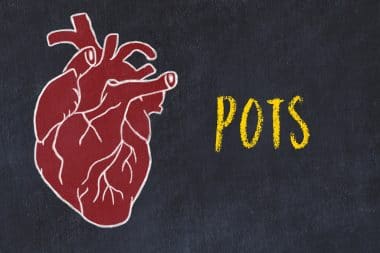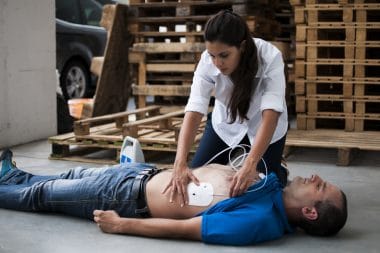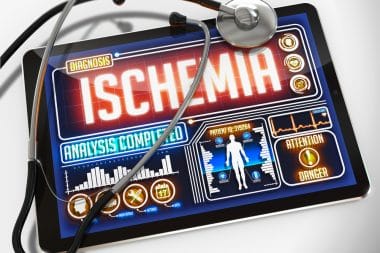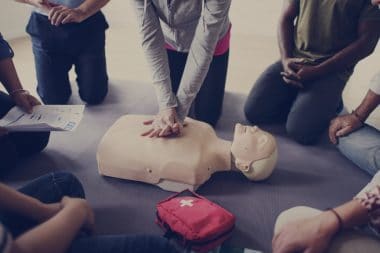High blood pressure is a major risk factor for heart disease, stroke, kidney failure and metabolic syndrome. When it can’t be controlled through diet and exercise, most people turn to pharmaceutical drugs. Fortunately, there are some science-backed complementary therapies that can help get you back in the normal range. Here are six ways you can lower your blood pressure and enjoy yourself at the same time.
Listen to music
Listening to soothing music for a half hour each day could have a positive impact on your blood pressure. A study presented at a meeting of the American Society of Hypertension investigated the effects of music on adults who were taking medication to control their blood pressure. Participants listened to 30 minutes a day of classical, Celtic or raga music while practicing abdominal breathing exercises. A control group made no changes in their routine. After one month, the music listeners had significant reductions in systolic blood pressure. Researchers recommend that patients and physicians explore music as a non-pharmacological treatment option for hypertension.
Sunbathe
Basking in the sun’s UV rays can lower blood pressure for an hour after exposure. Sunlight converts nitrate stored in the skin into nitric oxide. This compound expands the blood vessels, improving circulation. Dermatologists at the University of Edinburgh tracked the blood pressure of volunteers under UV and heat lamps. Blood pressure dropped significantly in sessions where participants were exposed to UV rays, but heat lamp sessions had no effect. The researchers suspect that the benefits of sunlight to heart health could outweigh the risk of skin cancer.
Hug your partner
Supportive physical contact among couples can lower stress and blood pressure. In a study published in the journal Psychosomatic Medicine, researchers invited 20 married couples to participate in a four-week program promoting physical and emotional closeness. A control group of 14 couples did not attend the program. All participants wore 24 hour blood pressure monitors and had their saliva tested for stress markers. They also completed questionnaires about how often they held hands, hugged, kissed or showed affection. Couples who attended the warm touch program had raised levels of oxytocin, a hormone which lowers stress. The husbands had significantly lower blood pressure than those in the control group.
Adopt a pet
According to the American Heart Association, owning a pet could help to lower blood pressure and improve heart health. An AHA committee reviewed previous research on pet ownership and heart disease risk factors. In one study people with borderline high blood pressure who wanted to adopt dogs were randomly divided into two groups. One group was given pets. The other group was asked to delay adoption until the end of the study. Those who took home dogs had a significant reduction in blood pressure and were less likely to experience blood pressure rises in response to stress. Another study found similar results for people who adopted either dogs or cats.
Watch something funny
Comedy can relieve stress and improve vascular function. Two research papers presented at the American College of Sports Medicine annual meeting investigated how laugher affects heart health. In one study, healthy adults watched either a comedy or a depressing documentary film while being monitored for activity in the carotid artery. Viewing a funny movie increased arterial blood flow for the following 24 hours. Another study found that blood vessels widened in a group who watched a comedic film and this effect also lasted for 24 hours. High blood pressure is often the result of constricted blood vessels.
Volunteer
Volunteering might be good for your heart in more ways than one. Researchers from Carnegie Mellon University recruited 1,164 adults with normal blood pressure aged between 51 and 91. The participants were interviewed about various social and psychological factors. Four years later they were interviewed again and had their blood pressure taken. Those who reported doing roughly four hours per week of volunteer work were 40% less likely to develop high blood pressure than those who did not volunteer. The researchers note that having good social connections reduces the risk for a number of negative health outcomes.
Keep in mind that while enjoyable, stress-relieving activities can help to lower blood pressure, they won’t be as effective if you engage in an unhealthy lifestyle. If you’ve been diagnosed with high blood pressure, it’s important to watch your weight, exercise regularly, eat a healthy diet, cut down on salt, limit alcohol and, if you’re a smoker, quit.







